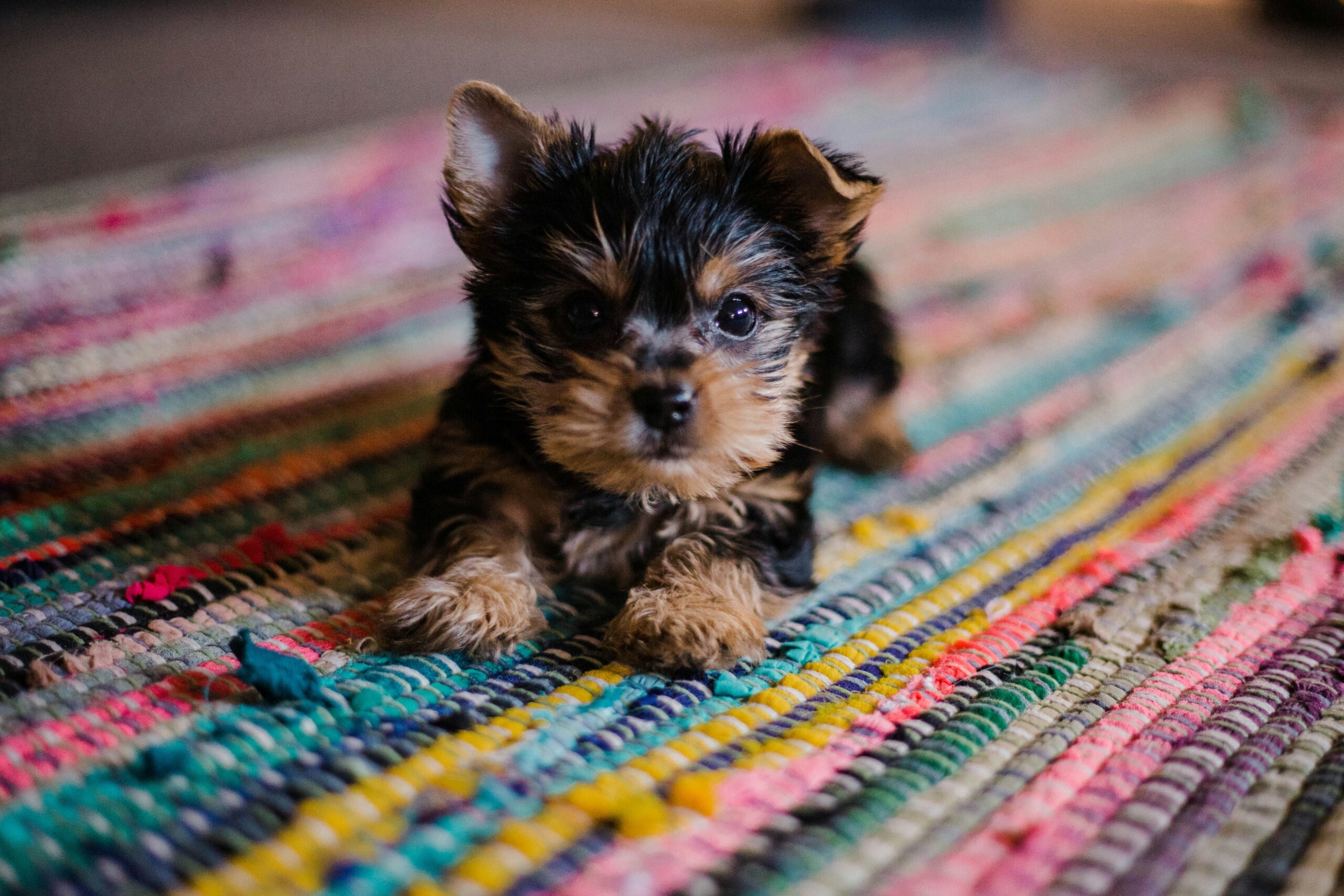Tips for Socializing Your Puppy
The Importance of Early Socialization
Early socialization is crucial for puppies as it lays the foundation for a well-adjusted and confident adult dog. The period between 3 to 14 weeks of age is particularly critical, as puppies are highly receptive to new experiences during this time. Proper socialization can prevent a range of behavioral issues such as fear, aggression, and anxiety. It helps puppies learn how to interact with the world around them in a positive manner, fostering a friendly and adaptable temperament. Here are some tips for successfully socializing your puppy.
Introducing Puppies to New Environments
1. Gradual Exposure: Start by introducing your puppy to a variety of environments gradually. Begin with familiar and safe areas such as your home and backyard before moving on to more complex settings like parks, streets, and pet-friendly stores. Each new environment should be introduced slowly to avoid overwhelming your puppy.
2. Positive Reinforcement: Make every new experience positive by using treats, praise, and play. Reward your puppy for calm and curious behavior. This helps them associate new places with positive outcomes.
3. Sensory Experiences: Expose your puppy to different sensory experiences. This includes various sounds (traffic, household noises), surfaces (grass, concrete, carpets), and visual stimuli (people, cars, other animals). Sensory diversity helps puppies become more adaptable and less fearful of unfamiliar situations.
Introducing Puppies to People
1. Variety of People: Ensure your puppy meets a wide variety of people. This includes men, women, children, and people of different ethnicities and ages. Each person should handle and interact with your puppy gently and positively.
2. Controlled Interactions: Start with controlled and calm interactions. Allow your puppy to approach new people at their own pace. Avoid forcing interactions, as this can create fear and anxiety.
3. Positive Associations: Encourage visitors to offer treats and play with your puppy. This helps your puppy build positive associations with meeting new people.
4. Handling Practice: Regularly handle your puppy’s paws, ears, mouth, and body. This practice prepares them for future handling by vets, groomers, and family members, making these experiences less stressful.
Introducing Puppies to Other Animals
1. Safe Introductions: When introducing your puppy to other dogs or animals, ensure the initial meeting is in a neutral and controlled environment. Both animals should be on a leash, allowing them to sniff and observe each other from a safe distance.
2. Socialization Classes: Enroll your puppy in a reputable puppy socialization class. These classes provide a controlled environment for your puppy to interact with other puppies and learn appropriate social behaviors.
3. Observe Body Language: Pay close attention to your puppy’s body language during interactions with other animals. Signs of stress or fear, such as cowering, growling, or excessive barking, indicate that the introduction is too intense and should be paused or slowed down.
4. Positive Reinforcement: Reward your puppy for calm and friendly interactions with other animals. Treats, praise, and playtime reinforce good behavior and help your puppy build positive associations with other animals.
General Tips for Successful Socialization
1. Consistency: Consistency is key in socializing your puppy. Regular and repeated exposure to different environments, people, and animals will help your puppy become more comfortable and confident.
2. Patience: Be patient and go at your puppy’s pace. Each puppy is unique and will have different comfort levels and reactions. Avoid rushing the process, as this can lead to negative associations and hinder socialization.
3. Positive Experiences: Always strive to create positive experiences. If your puppy has a negative reaction, calmly remove them from the situation and try again later. Avoid punishing fearful or shy behavior, as this can exacerbate the issue.
4. Ongoing Socialization: Socialization should continue beyond the puppy stage. Regularly exposing your dog to new experiences, people, and animals throughout their life helps maintain their social skills and confidence.
By following these tips and prioritizing early socialization, you’ll help your puppy develop into a well-adjusted, confident, and friendly adult dog. The effort you put into socializing your puppy now will pay off in a lifetime of positive interactions and a strong bond between you and your furry friend.

